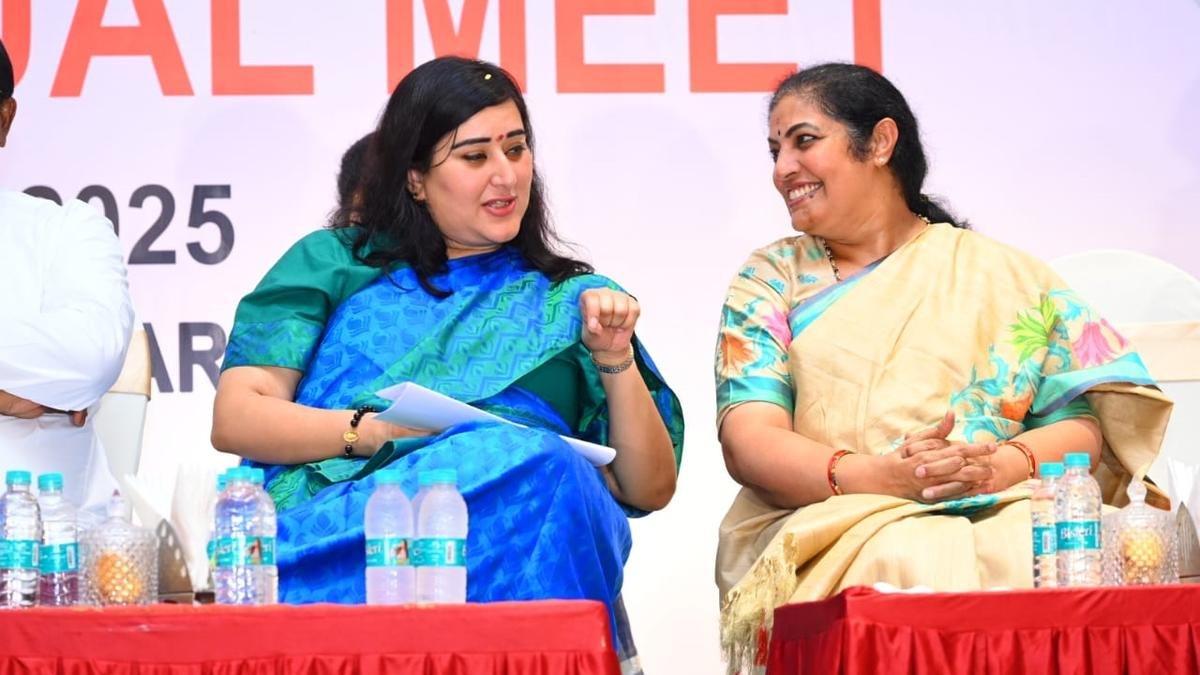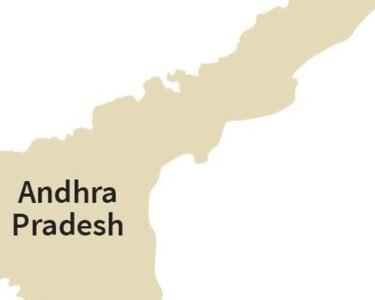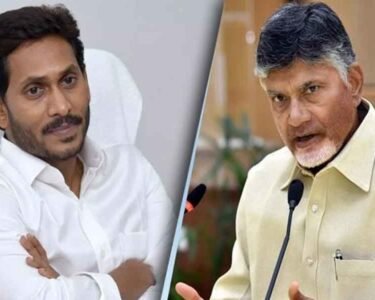Rajamahendravaram MP D. Purandeswari has called for broad support for the proposal of One Nation-One Election (ONOE), saying that synchronised elections would strengthen democracy, reduce costs, and help ensure smoother governance. Speaking at a seminar in Rajamahendravaram, she highlighted multiple benefits of holding Lok Sabha and State Assembly polls together, and appealed to political parties and the public to back the idea. Deccan Chronicle
What Is One Nation-One Election?
One Nation-One Election, also called simultaneous elections, refers to the practice of holding elections for the Lok Sabha (the national parliament) and all State Legislative Assemblies at the same time, rather than at different times. This idea has been discussed in India for many years; most recently, a High-Level Committee (HLC) was constituted in 2023 to assess its feasibility. Press Information Bureau+2Carnegie Endowment+2
The government has also proposed constitutional amendments and other legal reforms to facilitate this system. Press Information Bureau+1
Purandeswari’s Key Arguments
At the seminar organised by the Godavari Intellectual Forum in Rajamahendravaram, Purandeswari laid out several reasons why ONOE should be supported:
- Cost savings and time efficiency: Holding elections together would reduce expenditure on polling machinery, security, staffing, logistics, voter awareness campaigns, etc. Deccan Chronicle
- Reduced disruption to governance: Frequent elections mean repeated imposition of the Model Code of Conduct (MCC), which restricts governmental functions and delays development and welfare programmes. ONOE could lessen these disruptions. Deccan Chronicle
- Boost to economic growth: According to Purandeswari, synchronised elections can contribute positively to GDP; less downtime and more continuity in administration can help. Deccan Chronicle
- Improved governance: With fewer election-related disruptions, governments (both central and state) can focus more on implementing policies, not on election preparation. Deccan Chronicle+1
Support and Political Context
Purandeswari is not alone in backing ONOE. At the same Rajamahendravaram event, Bansuri Swaraj (MP from New Delhi) also supported the proposal, highlighting its merits. Deccan Chronicle Other political leaders, including state ministers and MLAs, have joined the conversation, emphasising the need for political awareness and coordination between central and state election bodies. Deccan Chronicle
Her earlier statements show that Purandeswari welcomed the Union Cabinet’s approval of ONOE, calling it “commendable,” saying it will help save public funds and accelerate development. Deccan Chronicle
Challenges and Considerations
Though Purandeswari is optimistic, there are several challenges and issues that are part of the wider debate:
- Constitutional changes required: Implementing simultaneous elections requires amendments to the Constitution, legal adjustments, and agreement among not just central government but also many states. Press Information Bureau+1
- Synchronization complications: Some assemblies may dissolve early or governments may fall. Aligning election cycles under such dynamics is complex. Carnegie Endowment
- Impact on regional issues: There is concern that when national and state elections happen together, state or local issues may get overshadowed by national political narratives. Voters may give more weight to national parties’ agendas rather than local concerns. Carnegie Endowment
- Model Code of Conduct: While one aim is to reduce its frequent invocation, the MCC still needs to be enforced fairly; balancing governance activities during election time remains sensitive. Deccan Chronicle+1
Purandeswari’s Call to Action
Purandeswari has urged all political parties, civil society, and citizens to engage with the ONOE proposal:
- She asked parties to render their support to the plan. Deccan Chronicle+1
- Emphasis on public awareness: For such a major electoral/constitutional reform, widespread understanding and acceptance are essential. Deccan Chronicle
- Coordination between central and state election commissions is needed for smooth implementation. Deccan Chronicle
Conclusion
The push for One Nation-One Election, as championed by MP Purandeswari, taps into broader concerns about governance efficiency, fiscal discipline, and democratic strengthening. While the benefits are many—cost savings, fewer disruptions, better focus on development—the implementation demands thoughtful constitutional, legal, and administrative changes, coupled with political consensus. How the nation balances the promise and the pitfalls will determine whether ONOE becomes a reality or remains an aspiration.







